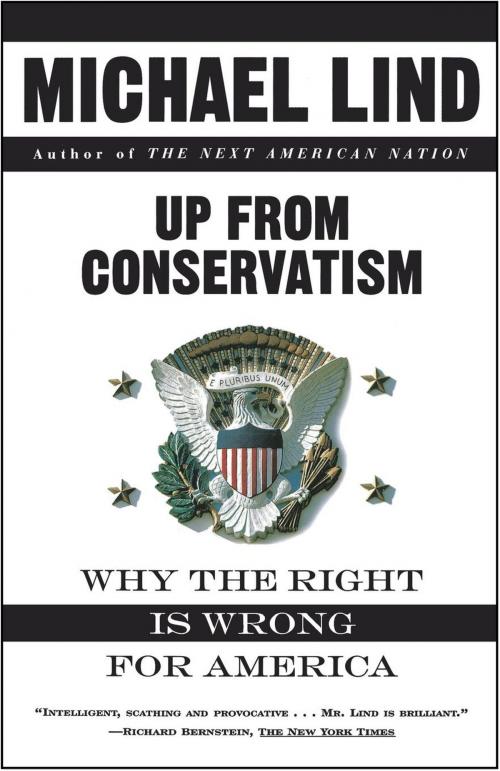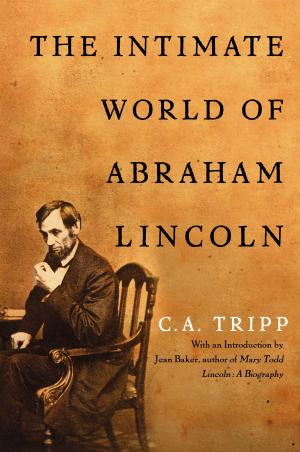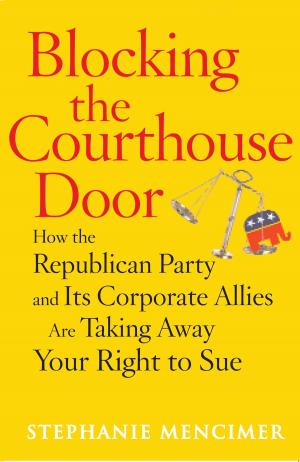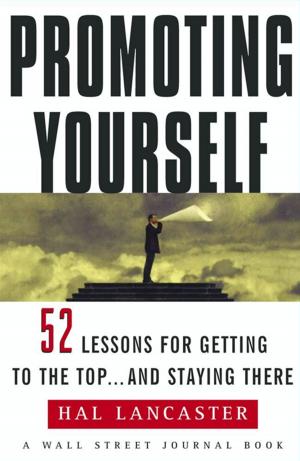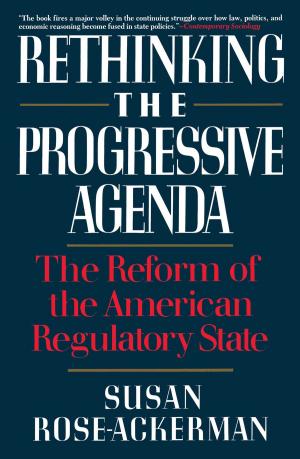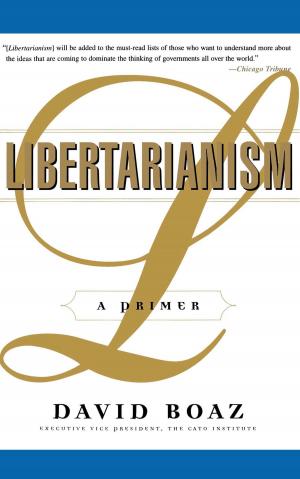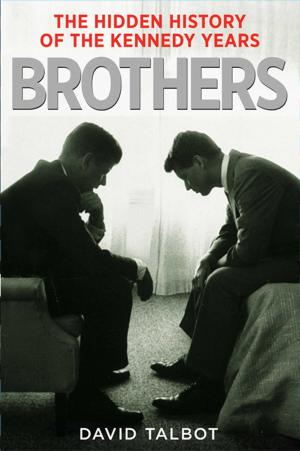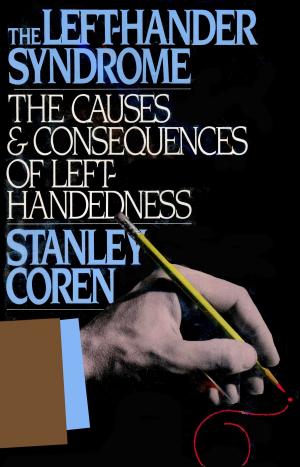Up from Conservatism
Nonfiction, Social & Cultural Studies, Political Science, History, Religion & Spirituality| Author: | Michael Lind | ISBN: | 9781476761152 |
| Publisher: | Free Press | Publication: | August 6, 2013 |
| Imprint: | Free Press | Language: | English |
| Author: | Michael Lind |
| ISBN: | 9781476761152 |
| Publisher: | Free Press |
| Publication: | August 6, 2013 |
| Imprint: | Free Press |
| Language: | English |
For nearly a decade, Michael Lind worked closely as a writer and editor with the intellectual leaders of American conservatism. Slowly, he came to believe that the many prominent intellectuals he worked with were not the leaders of the conservative movement but the followers and apologists for an increasingly divisive and reactionary political strategy orchestrated by the Republican party. Lind's disillusionment led to a very public break with his former colleagues on the right, as he attacked the Reverend Pat Robertson for using anti-Semitic sources in his writings.
In Up From Conservatism, this former rising star of the right reveals what he believes to be the disturbing truth about the hidden economic agenda of the conservative elite. The Republican capture of the U.S. Congress in 1994 did not represent the conversion of the American public to conservative ideology. Rather, it marked the success of the thirty-year-old "southern strategy" begun by Barry Goldwater and Richard Nixon. From the Civil War to the civil rights revolution, the southern elite combined a low-wage, low-tax strategy for economic development with a politics of demagogy based on race-baiting and Bible-thumping. Now, Lind maintains, the economic elite that controls the Republican party is following a similar strategy on a national scale, using their power to shift the tax burden from the rich to the middle class while redistributing wealth upward.
To divert attention from their favoritism toward the rich, conservatives play up the "culture war," channeling popular anger about falling real wages and living standards away from Wall Street and focusing it instead on the black poor and nonwhite immigrants.
The United States, Lind concludes, could use a genuine "one-nation" conservatism that seeks to promote the interests of the middle class and the poor as well as the rich. But today's elitist conservatism poses a clear and present danger to the American middle class and the American republic.
For nearly a decade, Michael Lind worked closely as a writer and editor with the intellectual leaders of American conservatism. Slowly, he came to believe that the many prominent intellectuals he worked with were not the leaders of the conservative movement but the followers and apologists for an increasingly divisive and reactionary political strategy orchestrated by the Republican party. Lind's disillusionment led to a very public break with his former colleagues on the right, as he attacked the Reverend Pat Robertson for using anti-Semitic sources in his writings.
In Up From Conservatism, this former rising star of the right reveals what he believes to be the disturbing truth about the hidden economic agenda of the conservative elite. The Republican capture of the U.S. Congress in 1994 did not represent the conversion of the American public to conservative ideology. Rather, it marked the success of the thirty-year-old "southern strategy" begun by Barry Goldwater and Richard Nixon. From the Civil War to the civil rights revolution, the southern elite combined a low-wage, low-tax strategy for economic development with a politics of demagogy based on race-baiting and Bible-thumping. Now, Lind maintains, the economic elite that controls the Republican party is following a similar strategy on a national scale, using their power to shift the tax burden from the rich to the middle class while redistributing wealth upward.
To divert attention from their favoritism toward the rich, conservatives play up the "culture war," channeling popular anger about falling real wages and living standards away from Wall Street and focusing it instead on the black poor and nonwhite immigrants.
The United States, Lind concludes, could use a genuine "one-nation" conservatism that seeks to promote the interests of the middle class and the poor as well as the rich. But today's elitist conservatism poses a clear and present danger to the American middle class and the American republic.
